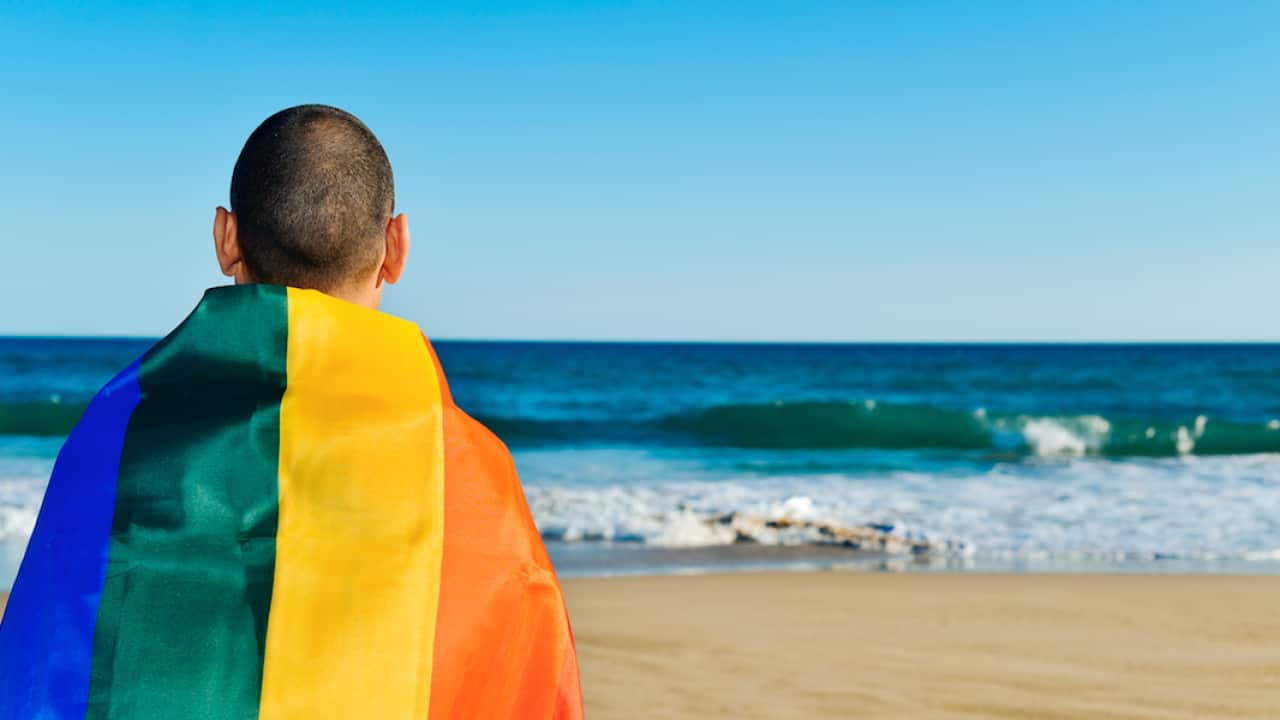I was 12 when I first realised there would come a day when my family stopped loving me. To grow up as a closeted queer kid in an Arab Muslim family is to know - or at least believe - that there is a limit on the word ‘home’. Despite this, I have never spent a minute hating my family. If anything, being aware that our time together wouldn’t last into adulthood, I have loved them all the fiercer.
Having come out to some of them, and having had time to gauge their reactions, I know now that it isn’t as clear cut as I used to imagine. My brother surprised me by accepting me straight away, though he has struggled with the fact that I write so openly and publicly about my life. So long as it was hidden, it didn’t bother him. Again, I didn’t treat his reaction with hostility: I understand that for him this must be difficult. He lives a hyper-masculine tradie life, a typical jock surrounded by overt homophobia of both a cultural and religious bent, as far from my progressive university-educated world as possible. I know it can’t be easy, but it’s enough that he accepts me and is trying.
We often try to impart to queer youth that “it gets better”, but a part of me can’t help feeling the missing element of “coming out” stories is empathy for the family.
RECOMMENDED

#ILoveGays has been trending in Saudi Arabia
I think of the older generation of Arabs (and Turks) from which my parents come, and how different it is to the life I’ve lived here, born and raised in Western Sydney where, even poor, I was able to receive an education and go on to university.
No amount of learning, however, could undo the fear of God lanced into my body as a boy - it was the bone, the spine around which I grew. So I think about their bones, too, about my violent ultra-traditional grandfather who saw armed conflict in Lebanon, and the things he beat into his children.
I can’t expect my family members to suddenly and unanimously love what they’ve been taught to loathe by both Australian and Arab culture; I can’t expect them to unmake their own bones, which did not crack like mine when I was a teen and first tried to stand up as queer. If ever their bones came close to breaking, it was around different struggles located in other parts of their bodies and minds.
I have had over a decade to unlearn the hate, years in which I could disentangle myself from poisonous thoughts and learn to be comfortable in my body again. I have spent much of that time trying to understand them, to understand my mother and the forces that shaped her, to try to forgive her for the beatings, the violence, the neglect - the only things she knew - and to love her anyway.
Recently, I understood I had invested so much energy into empathy that at some point I lost sight of reason, I lost sight of myself. My family have had a long time to steep in the same homophobic cultures I have, and they have had an equally long time to love me. That should be enough, I should be enough, and yet I know it isn’t and that for some I won’t ever suffice.
I came out as bisexual to my father recently and his response was a confused expression of love and extreme bigotry. He referred to it as lust, as something that shouldn’t be acted on, “like paedophilia”, he referred to his notion of hell and heaven, to his perception of what is natural, and so on and so forth.
I believe he wants to continue talking to me not because he loves me and wants me in his life, so much as from a desire to “save” me. I realised then that I am exhausted from all the empathising, from all the justifying of prejudices, the constant acceptance of the flaws and fractures that make up my family. When it’s not returned at all, empathy has a limit.
Love is not tolerance, love is not trying to make me subscribe to your hierarchy of desires, or to deny myself. Love allows, it does not proscribe. All this time I have been pleading for their love, and while from some I get it, from others I probably never will. For those people, the notion of family so enshrined in Arab Muslim culture is remarkably easy to abandon.
I am incredibly lucky, it must be said, to have my brother showing me the way; without his love, I might not have been able to stand up and make this declaration. But I won’t plead anymore. I will aim, always, to understand and to forgive. I will allow for time and for healing, but I won’t reject the love I know to be possible between myself and another man. I won’t deny part of myself simply so others will be more comfortable.
Certainly, there is work to be done in understanding your family and the cultural forces that shape them; just be careful not to twist yourself too far out of shape for people who will not muster even half the same effort on your behalf. There comes a time when you have to say, I am here and I am enough.
Face Up To Racism with a season of stories and programs challenging preconceptions around race and prejudice. Tune in to watch Is Australia Racist? (airs on Sunday 26 February at 8.30pm), Date My Race (airs Monday 27 February at 8.30pm) and The Truth About Racism (airs Wednesday 1 March at 8.30pm).

